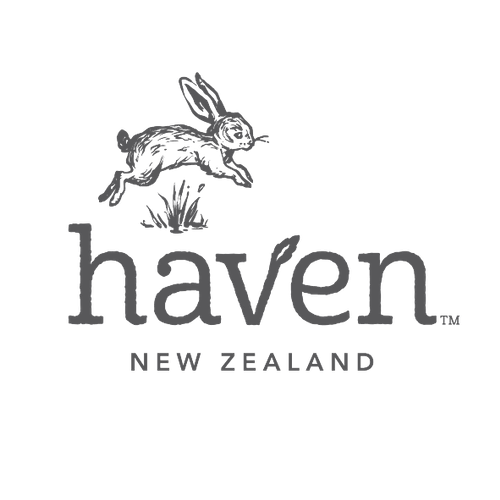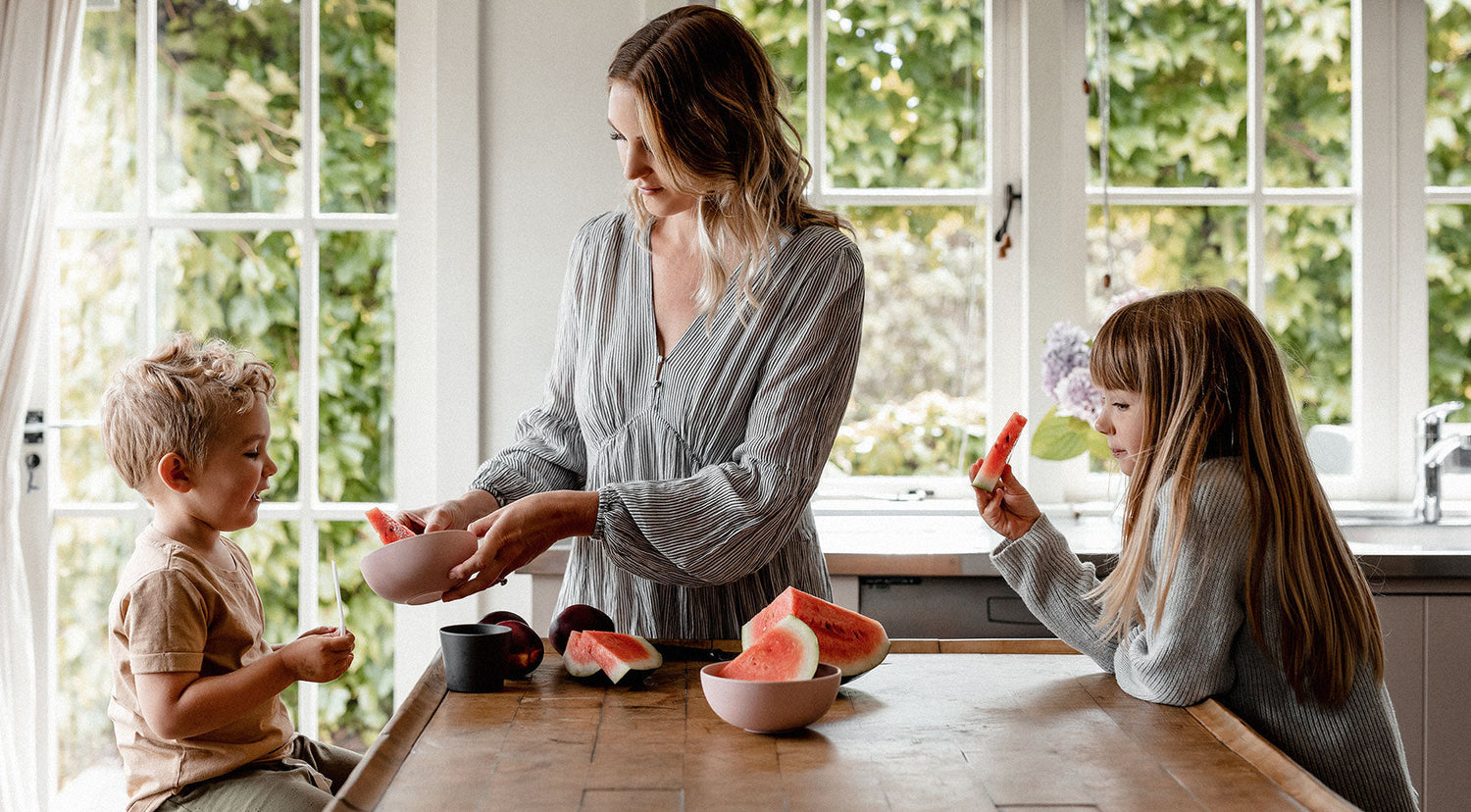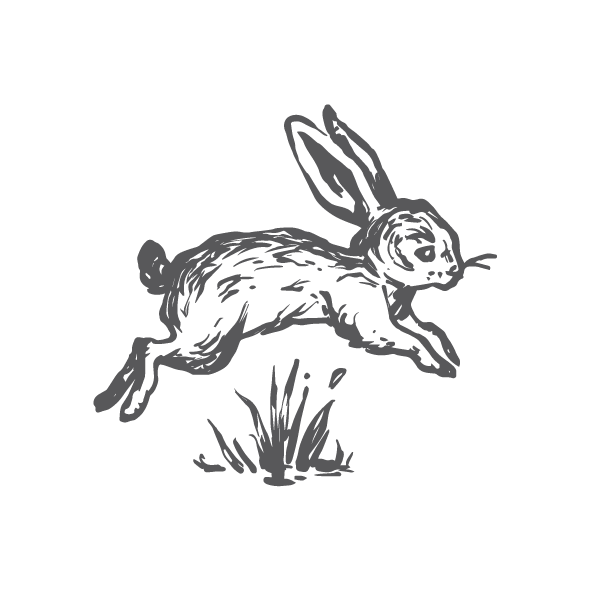There are a lot of you out there who are breastfeeding, and whether it comes naturally or you have persisted with the struggle, well done. If you are not breastfeeding, hands down you are an equally wonderful mum to your precious babe.
Let me give you a little info about breastfeeding. It’s a very high-energy process, even more so than pregnancy, hence your natal multivitamin is of great importance now. An exclusively breastfeeding mother, on average, needs to take in 300-500 calories per day above what was needed to maintain pre-pregnancy weight. (That’s the equivalent of adding 1-2 healthy snacks per day.)
What you are eating also has an impact on the quantity and quality of breast milk. A sensible macro-nutrient balance diet is key, that means protein, good fats and complex carbohydrates from whole food sources with each meal and snack.
I can’t stress enough the importance of protein for breastfeeding mums, as protein depletion can occur very quickly if there is not adequate dietary intake. A general rule is 1g of protein/kg of body weight, but during pregnancy and breastfeeding this will increase to about 1.4g/kg.
Research has also shown breast milk rich in EFAs help with baby’s sleep duration (and now I bet you're all saying: "give me some EFAs!")
I recommend Essential Fatty Acids (EFAs) during pregnancy for fetal central nervous system development and prevention of post natal depression, but it is equally important to continue with supplementation and dietary sources during lactation. The hindmilk is rich in EFAs and continues to support baby’s brain development.
Research has also shown breast milk rich in EFAs help with baby’s sleep duration – (and now I bet you're all saying: "give me some EFAs!")
I recommend practitioner grade DHA and dietary sources from cold-water fish, nuts, seeds, coconut, avocado and cold pressed oils.
Probiotics are also an important component of a mother's diet. We pass all of the beneficial bacteria via our breast milk to baby. These probiotic strains help to support the immune system, and to help prevent allergies and eczema.
You can supplement under the guidance of a nutritionist or include fermented foods like sauerkraut, kimchi, kefir, miso, tempeh and yoghurt.
Re: hydration. Who else orders the closest person in the room to get them water STAT as soon as they start breastfeeding? (And if you're not, you should be!)
There is a lot of fluid lost by producing and releasing breast milk. The amount of fluids typically consumed by breastfeeding mothers should be 3 litres (13 cups), give or take depending on your size and climate.
It's so easy to focus on bubs when you are in your little newborn bubble. But by looking after yourself, you're nourishing that tiny human, so don’t forget about you Mumma!




